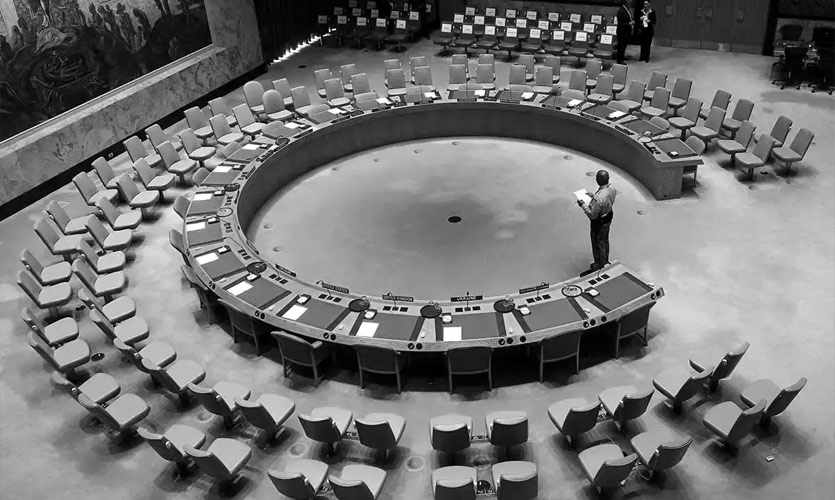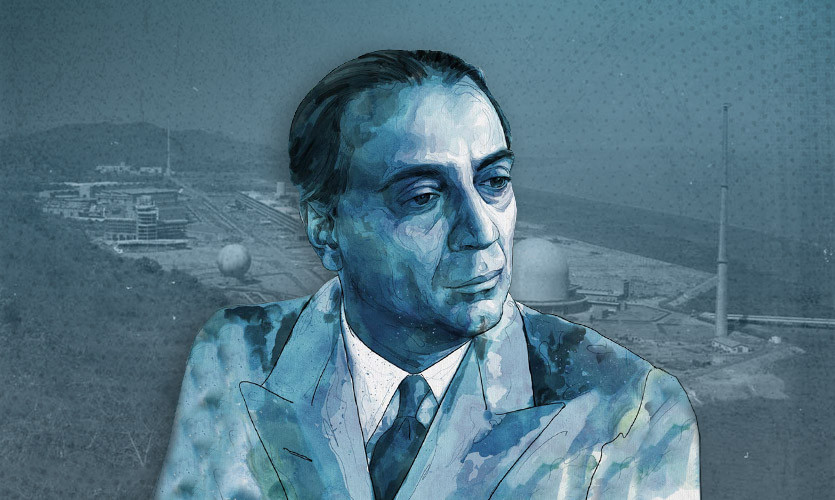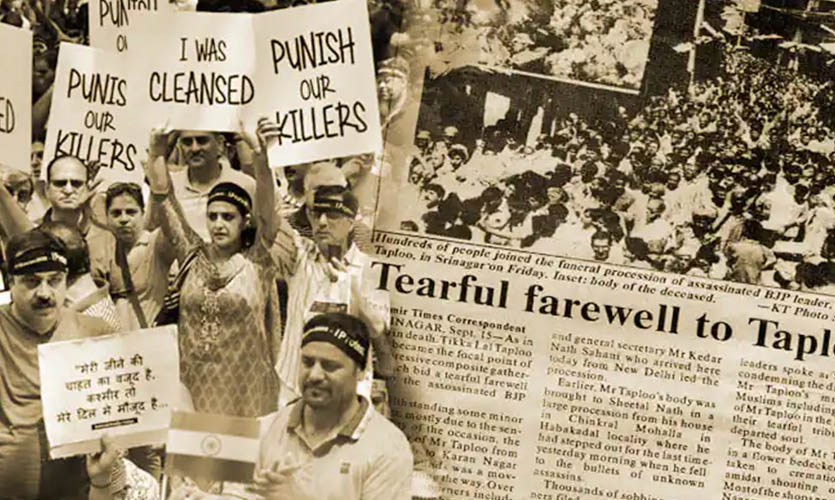As part of a rotating presidency during its two-year term that started in January 2021, India will be chairing the United Nations Security Council (UNSC) for the month of August.
Although it is the eighth time that India has managed a seat at the horseshoe table, it is only its second time chairing the council (the first was in November 2012). Narendra Modi is set to become the first Indian prime minister to preside over a UNSC meeting, in form of an open debate, on August 9.
The 15-member council currently comprises five permanent members – China, France, the UK, the US, and Russia – and ten non-permanent members – Estonia, the Grenadines, India, Ireland, Kenya, Mexico, Niger, Norway, Saint Vincent and Tunisia. The order of presidency proceeds in the English alphabetical order according to which, India will preside over the council again in 2022.
The General Goals
India has highlighted three priorities for its presidency of the UNSC – maritime security and crime, peacekeeping and counter-terrorism. Afghanistan seems to take precedence in order to work toward achieving each of these aims. India’s Permanent Representative to the UN, Ambassador T.S. Tirumurti said that it aims to take stock of the situation in Afghanistan and act promptly. “We cannot have terrorist camps once again going back into Afghanistan… this will have a direct impact on India,” said Tirumurti in his address on August 2.
As part of its maritime security goals, India is bound to take up China’s activities in the South China Sea, and garner further support for the Quad to maintain “a free functioning Indo-Pacific region” to safeguard shared security interests. The August 9 debate to be presided over by PM Modi will be about the ‘Maintenance of international peace and security: Maritime security’.
As per a WION report, fulfilling its peacekeeping objectives, the UNSC will also monitor the situations in Haiti, Myanmar and Ethiopia apart from Afghanistan. According to its Programme of Work for this month, the security council will hold discussions on Somalia and the Middle East, especially Yemen, Syria and Iraq. It will also discuss the sanctions on Mali that are set to expire this month. India’s external affairs minister, S. Jaishankar will be chairing the discussion on peacekeeping and technology and will draw up the activities of the Islamic State of Iraq and the Levant (ISIL). The in-person open debate will be held on August 18, where Jaishankar is expected to deliberate on the use of technology for the safety of peacekeepers and ensure justice in crimes against peacekeepers, with other leaders.
In January 2021, in addition to the three fundamental goals, Tirumurti had also mentioned reformed multilateralism, women, youth and developmental issues, especially in the context of peacebuilding, as on India’s agenda for its tenure.
The Afghanistan Issue
Currently, India’s actions regarding the developments in Afghanistan are the most anticipated in the region after the US troops accelerated exit last month. Following the Taliban’s increased offensive in the Helmand, Herat and Kandahar provinces of Afghanistan, the country’s foreign minister – Mohammad Hanif Atmar – spoke to Jaishankar on August 3, to “discuss convening an emergency UN Security Council Session on Afghanistan”. The Taliban claimed responsibility for an attack on the Afghan defence minister, Bismillah Khan Mohammadi’s house in Kabul, carried out the same night.
The UNSC is set to meet on August 6 for an emergency session on the escalating violence in the country. It is the first time a special meeting will be dedicated to this matter. The security council’s press statement issued on August 3, explicitly states that “they do not support the restoration of the Islamic Emirate” in Afghanistan.
In his initial address on August 2, Tirumurti highlighted that it was important to reach “a political settlement through an inclusive Afghan-led, and an Afghan-owned and an Afghan-controlled process”. Afghanistan shares a close relationship with India and despite China’s recent acknowledgement of the Taliban, it is highly unlikely that it takes an action, not in the interest of India. However, today’s announcement of the “extended Troika” meeting scheduled for August 11 in Qatar by Russia, has raised questions. Russia has reportedly, convened the meeting to discuss the situation in Afghanistan, and expects to see the participation of China, the US, and Pakistan. India has not been invited to the meeting and no statements have been issued thus far.
The Domestic Reaction
While there has been a general lack of dialogue regarding external affairs between domestic parties (especially, with the Pegasus row on loop), according to senior BJP leader Subramanian Swamy, this is “the last chance [for India] to become relevant”. The Afghan government has been openly asking India for military help. Swamy’s remark adds to the increasing sentiment floating in defence circles for India to act. As noted in the previous column, former army officer, Major (retd.) Gaurav Arya also explained in his interview with Canada’s Tag TV that by putting a strong foot forward in terms of military support to the Afghan government, India can secure its place as a permanent member of the UN Security Council. India has been gunning for a permanent seat at the UNSC’s horseshoe table, and action in Afghanistan can supposedly pose it as a valuable contender.
Political strategist and commentator Amitabh Tiwari, however, seems sceptical. “Just because it is presiding, does not mean India will be able to make any material, lasting changes in the span of a month, especially with China always operating behind the scenes,” says Tiwari. He continues, “These developments do not in any way change our dynamic with China, who can be expected only to act in its own favour.”
Talking about India’s possible permanent membership of the UNSC and the recent reports of the Taliban’s involvement in Reuters photojournalist Danish Siddiqui’s torture, Tiwari explains, “Unless the other countries lobby with China and pressurise it, it is next to impossible for India to gain a permanent membership. India’s best use of this presidency would be to push for a proper investigation into Danish Siddiqui’s death and call for adequate actions.” Pulitzer Prize-winning photojournalist Danish Siddiqui, said to be “brutally murdered” by the Taliban, can certainly become grounds for India to interfere.
Even though India’s presidency of the security council will last only a month, it is certainly a step up from when the Kashmir issue was internationalised in front of the council by Pakistan behind closed doors, and without India’s knowledge, in 1994. While it is a momentous occasion for India, as affirmed before, it would serve us to follow in the footsteps of our allies and maintain a clear demarcation between friends and interests.
The Horus Eye is a weekly column written by Divya Bhan analysing current affairs and policies. This column does not intend or aim to promote any ideology and does not reflect the official position of The Sparrow.
Also read: With The Afghan Taliban Outgrowing Pakistan, Will India Take The Limelight?
Also read: The Quad Partnership And Why India Is The Key Player










